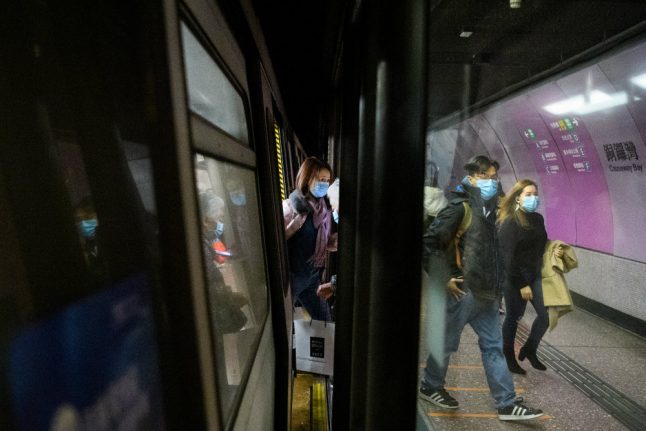The Norwegian Institute of Public Health (Folkehelseinstituttet, FHI) has said there is currently no cause for concern in Norway regarding catching the coronavirus, which has broken out in Chinese city Wuhan.
The outbreak of coronavirus, a previously little-known respiratory illness, began at a fish market the Chinese city of Wuhan in late December and since then 80 people have died, including a doctor who was treating the victims. Wuhan is an international transport hub.
Despite the fact that infected people in a number of countries, including Europeans, have been identified, there is currently no evidence of an ongoing outbreak outside China.
Are S. Berg, a senior consultant with FHI, on Sunday reassured people concerned about catching the virus in Norway.
“There is no reason why Norwegians who live in Norway and have not been to, and are not going to the areas where the infection is ongoing, should be worried,” Berg told NRK.
“People who have traveled in this area and have developed symptoms must contact the healthcare system,” he added.
The consultant also said that, at the current time, there was “no danger” of catching the virus in Norway.
“In order for anyone to become infected in Norway, the virus must be imported into the country first and the infection must start to circulate. That is important to avoid, so sick people who have traveled to the area in question must contact the healthcare system,” he said.
Travellers at Oslo's Gardermoen Airport were on Sunday given information about what to do if they develop an airway infection during the first 14 days after returning from Wuhan, meanwhile.
The Oslo blood bank on Monday introduced a fourteen-day quarantine for people who have been to international airports abroad.
Norwegian health authorities have responded to that decision, NRK reports.
In an e-mail seen by the national broadcaster, the Norwegian Directorate of Health (Helsedirektoratet) has informed blood banks across the country that, due to the Oslo blood bank’s decision to introduce a 14-day quarantine, it has consulted with FHI over the matter.
“We believe that Ullevål [Oslo University Hospital, ed.] has imposed unnecessarily strict restrictions,” was the FHI response according to NRK’s report.
Additionally, the email in question noted that the quarantine was introduced by the blood bank “on its own initiative”.
FHI is reported to disagree with the blood bank’s assessment that there is a risk associated with having been at a foreign international airport.
“We think this will cause unnecessary concern,” the email says according to NRK.
The section manager for the blood bank told the broadcaster that the intention was not to cause undue concern over potential spread of the virus.
“We are not looking to raise any concerns at all,” Lise Sofie H. Nissen-Meyer, section manager for blood donation at the Blood Bank in Oslo, told NRK.
“We think it is a very small measure which makes us feel more secure about the blood we supply,” she said.
The blood bank in Oslo is to consider whether to withdraw the quarantine, according to the report.



 Please whitelist us to continue reading.
Please whitelist us to continue reading.
Member comments